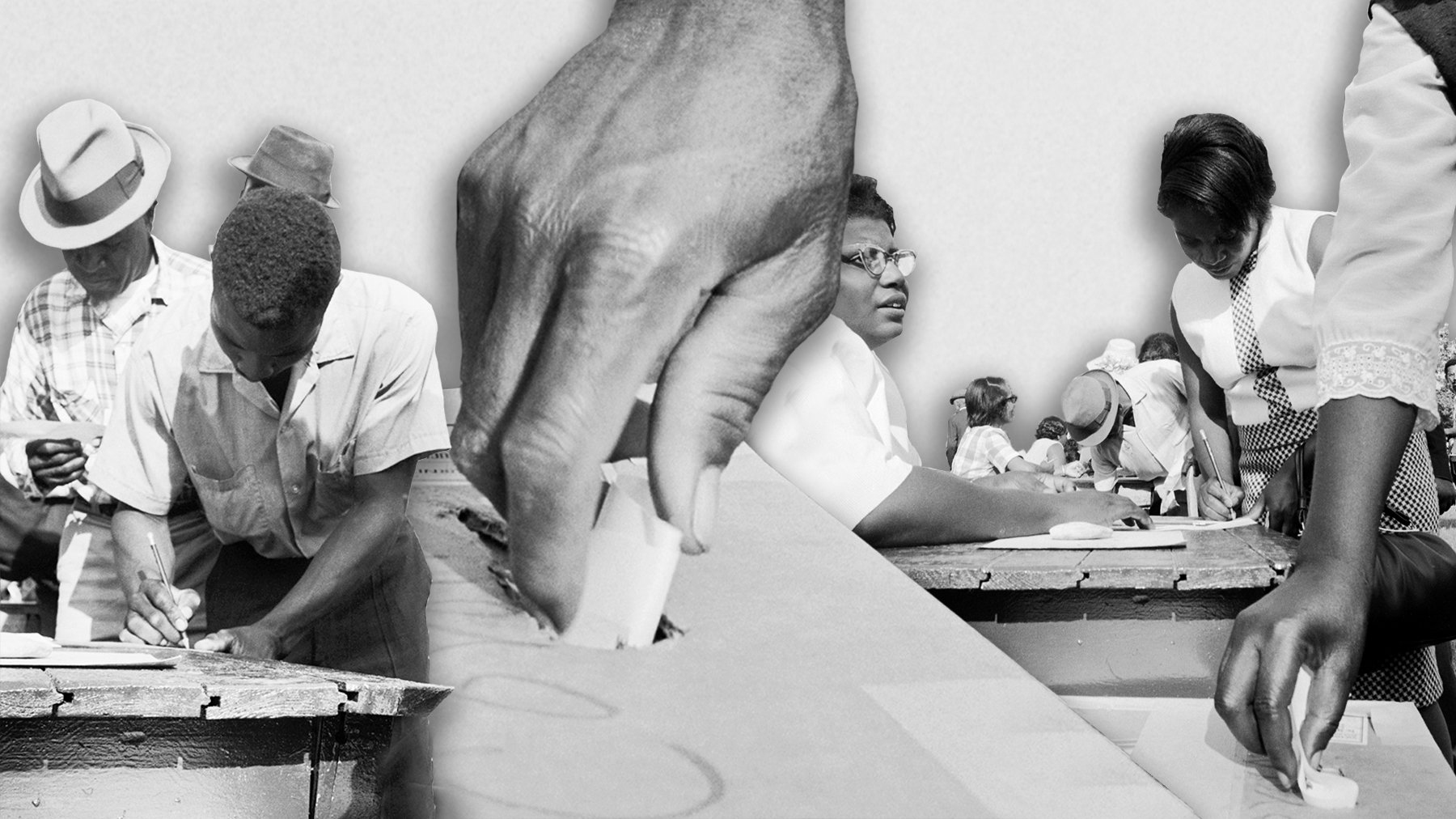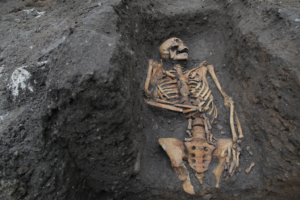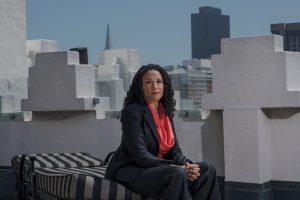(ATLANTA, GA) — I talk with black voters every day, and what I hear keeps me up at night. Their faith in the political system is being eroded by voter suppression and the government’s negligent response to the pandemic. It breaks my heart that even black women at church — unfailing voters who rally their friends to turn out for every election — have asked me, “Will our votes even be counted?”
These very real challenges require a whole new playbook. Although Donald Trump won Georgia by just 211,000 votes in 2016, some 900,000 eligible black people stayed home, a majority of them Atlanta residents. They were unconvinced that voting for the Democratic candidate would mean getting a president who represented them.
This is a treasure trove of gettable voters. They could overwhelm the political system if Democratic candidates persuade them that voting will get them power to build the kind of state and country they want. But the Democrats are treating black people as though all they need is a gentle nudge the week before the election. If we do not address our shortcomings, I fear we are on track for another catastrophic Election Day.
Part of the problem is the mismanagement of the pandemic. Georgia’s governor, Brian Kemp, defied science and logic when he started reopening the state on April 24. One model predicts the number of Covid-19 deaths will quadruple by August.
Black people, who make up one-third of the population of Georgia but represented 83 percent of coronavirus hospital patients in March and half of deaths, will continue to be disproportionately harmed. We’ve been screaming from mountaintops about the health care crisis in the state’s rural southwest for years; the region has a dire shortage of doctors and hospitals. Yet a few majority-black counties there have some of the highest death rates in the country.
The governor refused to fully expand Medicaid, leaving nearly half a million people without coverage (36 percent of whom are black and 22 percent Latino) and $45 billion on the table over the next decade. Now he plans to slash funding for state agencies, including the one that administers Medicaid, while enrollment is projected to rise.
Republicans in Georgia and other Southern states are weaponizing the virus against black people while ramping up efforts to suppress the vote.
Another part of the problem for November is that we haven’t addressed the sins of elections past. Southwestern Georgia is also where, long before anyone listened, black people sounded the alarm that Mr. Kemp would try to steal the race for governor in 2018 from his Democratic rival, Stacey Abrams (disclosure: my organization was founded by Ms. Abrams). As secretary of state overseeing his own election, Mr. Kemp served as umpire, player and scorekeeper.
A consultant linked to Mr. Kemp recommended that the board of elections in majority-black Randolph County close seven of its nine polling locations. Why? The bathrooms in the polling locations lacked handrails, which the board claimed violated federal disability law.
But the county had earlier refused to apply for money for the handrails when given the chance. It dropped the consolidation plan only after enormous attention from the news media. Such hyperlocal voter suppression has become rampant since the Supreme Court freed elections officials in Georgia and other states from having to prove to the Justice Department in advance that their voting changes would not be discriminatory.
Yet there’s more. As secretary of state, Mr. Kemp purged 670,000 voters from the rolls in 2017 and, weeks before the 2018 election, withheld 53,000 more registrations under a spurious “exact match” law (70 percent of those registrations were from black people). He also oversaw the shutdown of 214 precincts. Georgia had the longest lines in the country that year and the highest rejection rates of absentee and provisional ballots. Mr. Kemp won the race by just 54,700 votes.
If Jim Crow laws suppressed votes by forcing black voters to guess the number of jelly beans in a jar, Dr. James Crow, with a Ph.D. in data science, has erected a more sophisticated suppression apparatus — sophistication we have to match.
But I have not seen any campaign, political party or elected official address voters’ pain at having their voices silenced. I know that pain has also spread to Alabama and Mississippi, where people were looking at Ms. Abrams’s candidacy as a glimpse into what was possible. They also saw the theft. And they saw the world move on as if a major crime against democracy had not been committed. That’s a problem.
To read the full article click here: www.nytimes.com




